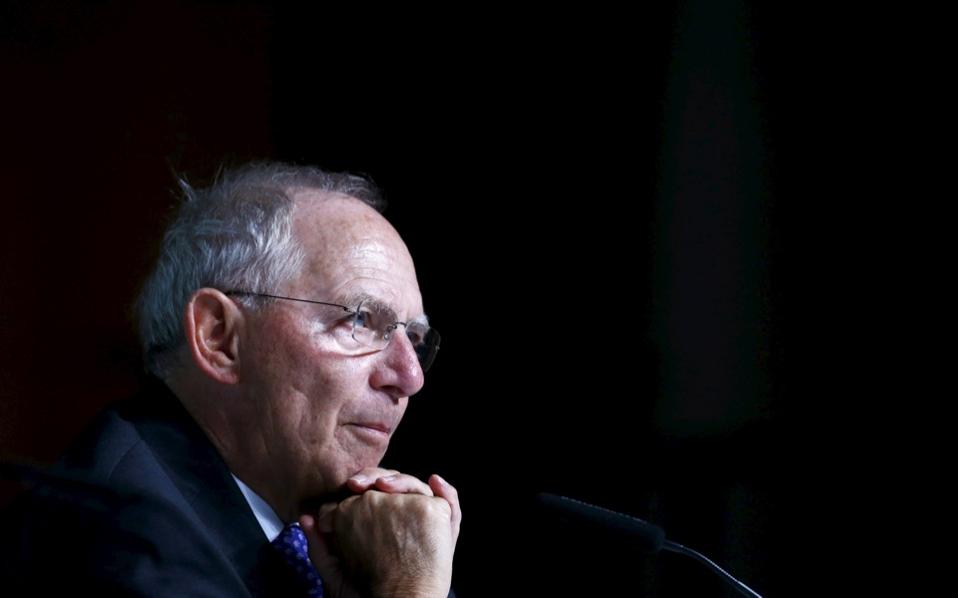Uncomfortable resemblances

European officials close to Wolfgang Schaeuble say that the German finance minister has not changed his ideas about Greece.
Schaeuble still believes Greece is allergic to reform. He agrees with critics who say for example that the country cannot achieve big primary surpluses, and that tax rates are too high. Meanwhile, he is said to praise the SYRIZA-led government for meeting its commitments to foreign creditors (also, he is said to believe that only a leftist government could see through changes and cuts of this magnitude). Schaeuble (in a rather Machiavellian fashion) allegedly argues that he told the Greeks that it was in their best interest to leave the euro, but they did not want to do so and the discussion is over.
Is it really over, though, or do the wise German and his powerful international allies in fact want the Greeks to come to a point where they say, “Perhaps we’d rather rethink the proposal”?
I have often thought about this since the summer of 2015. And I now feel that we are in a way reliving the drama of Antonis Samaras’s conservative administration in the autumn of 2014. At Maximos Mansion, SYRIZA officials are grappling with the same questions: “Do you think Merkel and Schaeuble are in cahoots or do you think that the lady will ultimately let him down and give in on the debt?” “What is the role of the IMF? Will Washington influence its decision? Will it stay in the program?” “But the French are pressuring us to put the debt issue on the table. They must know something.”
Meanwhile, political time is extremely condensed and clouds are gathering. The recent Council of State decision regarding the auction of TV licenses was a turning point for the government. The holy grail of debt relief is being taken away from the thirsty lips of Prime Minister Alexis Tsipras and his Finance Minister Euclid Tsakalotos and being replaced by a less precious substitute: quantitative easing (QE).
The economy is not doing well and people’s patience is running thin. Banks are stuck in a rut, which means this autumn will be both crucial and dangerous. Elections across Europe are not making things any easier.
What will Tsipras’s next steps be? I fear that if he does not see any progress soon, he will give in to frustration and change his tune vis-a-vis Greece’s lenders and his imaginary enemies.
This frustration could lead him to elections by the end of the year, or in any case before the autumn of 2017. Schaeuble will as always be watching closely, wondering if his original offer will be taken up, and, if so, by whom.


